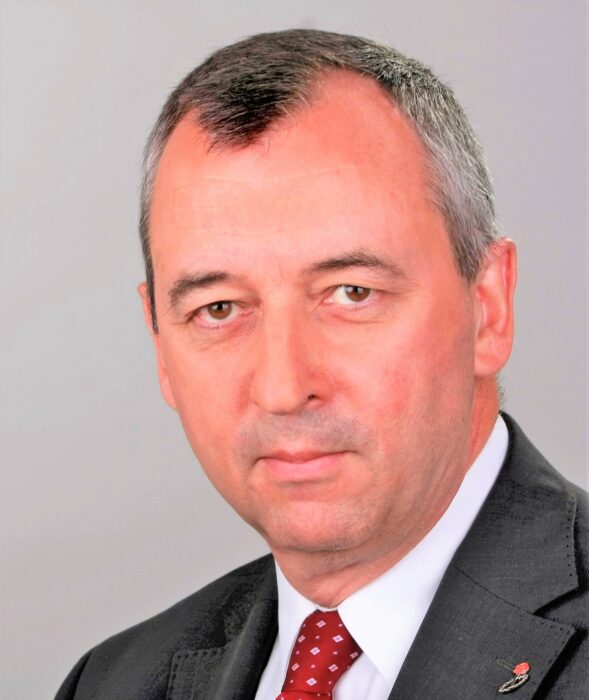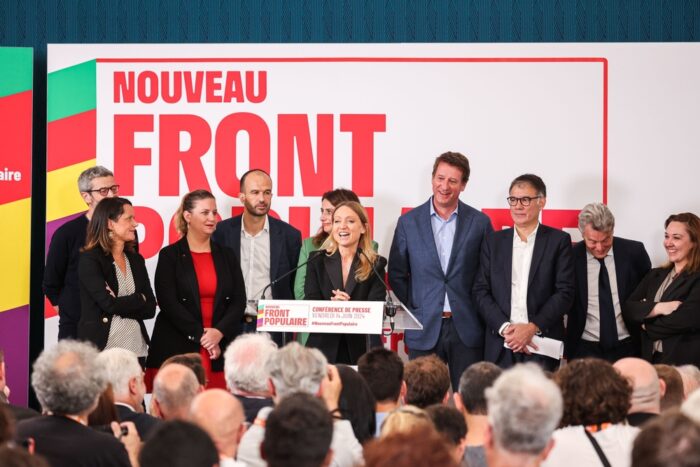The Progressive Post
Bulgaria: it seems a repetition, but rejection is simmering

The parliamentary elections in Bulgaria on 2 April – the 5th in two years – seem to have reproduced the existing deadlock of the previous four rounds, including the last one which was only held on 2 October 2022. But in fact, may portend significant shifts in the country’s political landscape and public perceptions.
In comparison, the results of the elections on 2 October 2022 and the latest ones on 4 April 2023 look like this:
| GERB/SDS | PP | Vazrazhdane | DPS | BSP | DB | |
| 2 October 2022 | 25.36% | 20.20% | 10.19% | 13.71% | 9.31% | 7.46% |
| 2 April 2023 | 26.51% | 24.54% | 14.15% | 13.72% | 8.94% | – |
On the first and second places are again the parties GERB/SDS and ‘We continue the change’ (PP, this time in coalition with ‘Democratic Bulgaria’ (DB)). Once more, third and fourth are Vazrazhdane and DPS, with BSP again fifth.
However, on closer look, the new results represent significant developments:
GERB, the party of former Prime Minister Boyko Borissov, having ruled for 12 years until 2021, was able to win even though it had been, until recently, considered the epitome of corruption and nepotism. This means that Borissov personally and his party have to a large extent overcome this stigma of the past and now have a real chance to form a governing coalition – no small achievement, given the mass protests against them that brought them down in the summer of 2020.
PP and DB, the two protest parties that vowed to once and for all do away with the ‘model GERB’ governance, this time – even in coalition – still were beaten by GERB by a full 2 per cent margin. This largely discredits them as agents of change, with perceptible rifts already emerging both between the two parties and within the leadership of each one of them.
Vazrazhdane (Renaissance) rose to the third place, scoring by far the greatest increase in voter support (over 100 000 new votes), doggedly sticking to their ‘Bulgaria First’ stance with loud anti-Euro-Atlantic and pro-Russian messages and campaigning for a referendum rejecting joining the Eurozone.
DPS (the Movement for Rights and Freedoms), the largely Turkish ethnic party, was overtaken by Vazrazhdane, yet has solidified its position as an important faction in the new Parliament, even thought it had been seen in the past as GERB’s partner in its corrupt governance.
BSP (the Bulgarian socialist party) stayed in fifth, having run on a platform including a proposal for a national referendum on whether ‘gender ideology'(?) should be taught in schools. The score of 9 per cent has been hailed by its leadership as a clear success.
Besides the above, additional shifts included the return to Parliament of showman Slavi Trifonov’s ‘There is such a people’ (ITN), the party that first withdrew from the PP-led government last summer and is now again pushing for a referendum for a presidential republic to replace the existing parliamentary one. A new party run this time, ‘The Left!’, which however failed to pass the 4 per cent threshold. Equally, ‘Bulgaria rise’ (BV) did not pass the threshold and loses its parliamentary representation.
One issue of the electoral campaign was whether or not to deliver arms to Ukraine. While most parties in the outgoing Parliament were strongly in favour, polls showed a more even split in society, with President Radev, and the caretaker government appointed by him maintaining a reserved position as to what and how much to provide. Debates on energy supplies and nuclear power expansion also centred on shifting from Russian to US sources – again with hotly contested opposing views. Plus, the issue of judicial reform is very much in a stalemate. Yet the dominant concerns centred on inflation and the cost of living, with GERB maintaining that they were the ones that ensured stability in the past and are therefore best qualified to do so now. And there was also a new turn for the worse in the ever-festering relations with the Republic of North Macedonia.
So, what to make of all this? An out-of-the-ordinary reading by one well-known social psychiatrist goes something like the following: GERB are ‘the earth’, they are neither left nor right, but rather grow from the ground. PP, on the other hand, are thin air, they have a slender link to the soil, being of a fleeting, one-season nature, having flown in from somewhere far away. The two formations are mentally divergent, with electorates diametrically opposed to one another. Still, both belonging to the European People’s Party (EPP), it could be expected that PP may be lured into a joint government with GERB. This however would only lead to its final demise, Borissov being the unsurpassed master of suffocating his partners to extinction.
Hence, there is a slim chance of one or another governing coalition stitched together in the new Parliament. Or another several months of a Radev-appointed caretaker cabinet and a new sixth round of parliamentary elections, leaving the citizens with the acute sense of no clear direction ahead for the country and dubious prospects for vigorous catch-up growth, needed for overcoming drastic depopulation, severe poverty and extreme polarisation.
Photo credits: Shutterstock.com/Takashi Images




